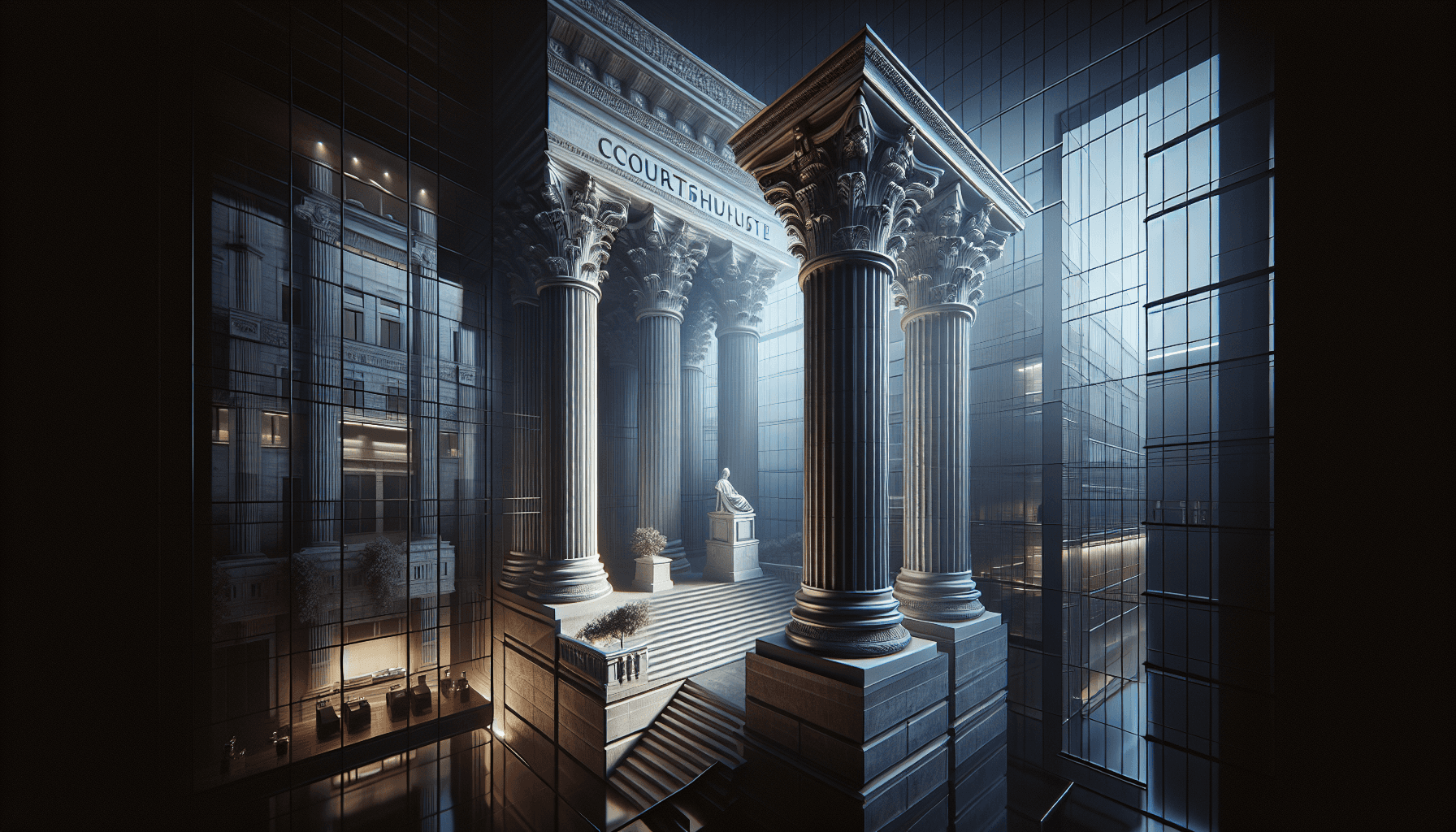What Happens to Real Estate When Filing for Bankruptcy?
Filing for bankruptcy can feel overwhelming, especially if you own property. I know the process might seem scary, but understanding how bankruptcy affects your real estate can help you make informed decisions about your financial future.
Bankruptcy: A legal process where a person or business is formally declared unable to pay their debts and seeks court protection to either eliminate or restructure what they owe. In real estate, bankruptcy can result in foreclosure of properties and significantly impact a person's ability to qualify for future mortgages or rental agreements.
Types of Bankruptcy Most Relevant to Real Estate
Three main types of bankruptcy can affect your real estate holdings. Chapter 7 bankruptcy liquidates assets to pay creditors. Chapter 13 creates a repayment plan that lets you keep your property while catching up on payments. Chapter 11 helps businesses reorganize their debts while continuing operations.
How Different Types of Bankruptcy Affect Property
Under Chapter 7, you'll receive automatic stay protection stopping creditors from collecting debts. Your state's exemption laws determine which property you can keep. Your home might be protected if your equity falls within exemption limits.
Chapter 13 offers more flexibility. You can keep your home by catching up on missed payments through a 3-5 year repayment plan. Some homeowners remove second mortgages through lien stripping if their home's value has dropped below their first mortgage balance.
Investment properties require special consideration. Rental income becomes part of your bankruptcy estate, but you might maintain properties if they generate positive cash flow.
The Bankruptcy Process and Real Estate
Once you file, the automatic stay stops foreclosure proceedings and creditor harassment. A trustee reviews your assets, including real estate holdings. They'll determine property values and examine any claimed exemptions.
The timeline varies by bankruptcy type:
Chapter 7 typically concludes in 4-6 months
Chapter 13 requires 3-5 years of structured payments
Chapter 11 timeframes depend on reorganization complexity
Long-Term Effects on Real Estate Ownership
Bankruptcy stays on your credit report for 7-10 years. This affects future real estate transactions, but doesn't make them impossible. Waiting periods for new mortgages vary:
Conventional loans: 4 years after Chapter 7, 2 years after Chapter 13
FHA loans: 2 years after Chapter 7, 1 year after Chapter 13
VA loans: 2 years after either type
Common Misconceptions About Bankruptcy and Real Estate
Many people think bankruptcy means losing everything - that's not true. Exemptions protect many homeowners. While credit impacts are significant, they're temporary. Many people buy homes again within a few years after bankruptcy.
Alternatives to Bankruptcy
Before filing, consider:
Loan modifications to adjust payment terms
Short sales if you owe more than your home's worth
Deed in lieu of foreclosure
Debt settlement negotiations
Protecting Your Real Estate Interests
Make smart moves before filing. Document all property values and gather mortgage statements. During bankruptcy, follow your attorney's advice carefully. Afterward, focus on rebuilding credit through responsible financial management.
Working with Professionals
Success requires expert guidance. Work with:
A bankruptcy attorney who understands real estate
A qualified real estate agent familiar with distressed properties
A financial advisor to plan your recovery
A credit counselor for rebuilding strategies
Next Steps
Don't face bankruptcy alone. Bellhaven Real Estate offers expert guidance through this challenging time. Schedule a free consultation to discuss your real estate options and create a plan that protects your interests. Our team supports you through every step of the bankruptcy process, helping you make informed decisions about your property.

